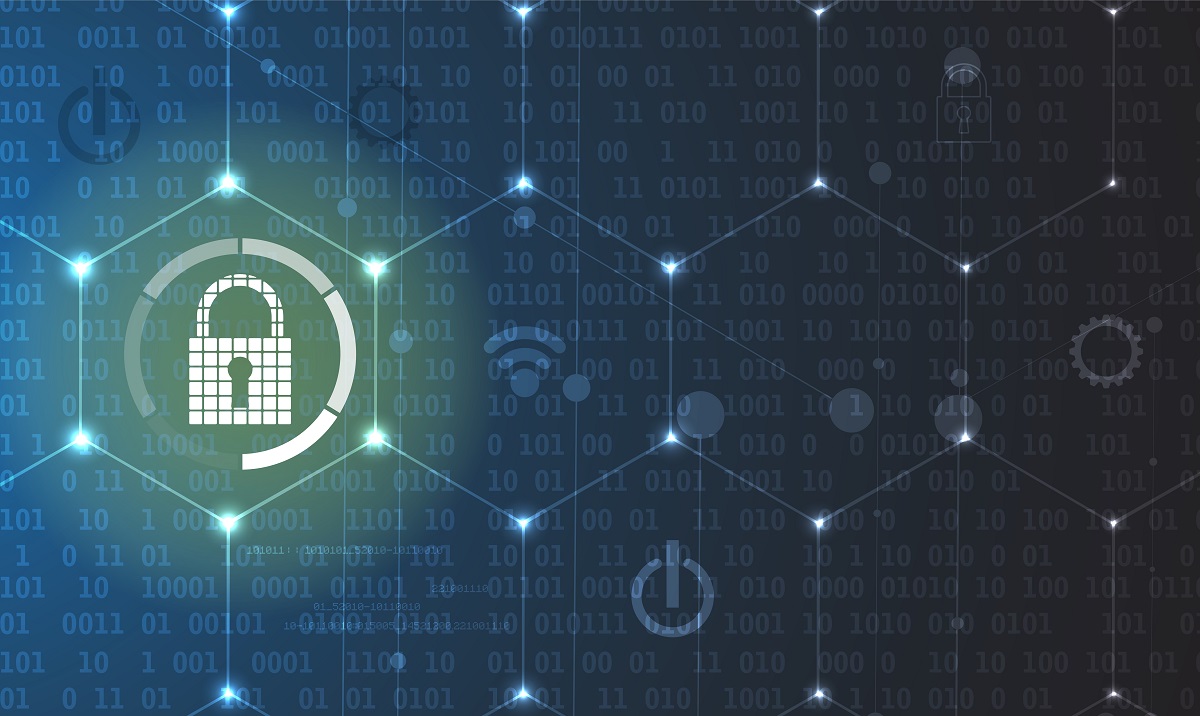
By Dr. Ernesto Damiani
The area of cybersecurity has expanded in scope, relevance and impact in our increasingly ICT-based society. In the first of six webinars aiming to strengthen the opportunities for bilateral cooperation between Italy and the United Arab Emirates, I was joined by experts to identify Cybersecurity gaps and opportunities that emerge with the continuing progress of IT developments like Artificial Intelligence.
As Noah Radford, Chief of Global Affairs for the Dubai Future Foundation, explained, it’s no secret that the UAE has experienced meteoric growth over the last 20 years, as the country has become a world leader in a variety of sectors, and as any complex system grows, so too does the number of challenges it must overcome. As we look towards the next 20 years, we must ask ourselves how we will tackle the questions that arise in a way which helps to benefit not just the UAE, but the region, and the world.
The future is certain to bring about a new paradigm in cybersecurity, driven by the fear of the damages that cybersecurity attacks can cause. Cyberattacks are estimated to cost the world USD$ 6 trillion this year, and a key figure in that calculation is the unprecedented rise of connected devices. The Internet of Things is the new era, with devices connected to the Internet enabling a more customized user experience. This does, however, also increase the number of devices at risk of cyberattacks, making cybersecurity a concern not just for businesses and industries, but also the average smartphone user.
While numerous protection schemes have proved to be useful and effective in certain situations against known attack threats, one of the biggest challenges is coping with the unknowns. Automation is already being explored as a tool to combat cyberattacks. Salvatore Fiorillo, Senior Consultant at Dubai Electronic Security Center (DESC), explained that 69 percent of business CEOs believe AI will be required to respond to cyberattacks, while 80 percent of executives in telecommunications believe they will be depending on AI in cybersecurity. Artificial Intelligence is one of the technologies that can be used to close the gap between knowledge-based threat detection and unknown or rapidly changing threats. AI could even foresee potential maliciousness in actors before they are known, offering great capabilities to overcome and help solve numerous challenges.

As cyberattacks start to target nation-states, countries around the world are instituting cybersecurity departments, with the UAE appointing its first Minister for Artificial Intelligence in October 2017 in its defense against cyber warfare. Fiorillo highlighted the impact a cyber attack can have on a country and how much a government relies on networked systems, citing the 2007 cyber attacks on Estonia as an example. Dr. Roberto Baldoni, Deputy Director General of the Department of Information for Security for Italy, agreed, explaining that the essential functions and services of a nation are digital, with energy, finance, welfare, defense and transport all at risk from cyberattacks. Creating a cyber-resilient nation is of paramount importance.
Dr. Mohamed Al-Kuwaiti, Head of Cyber Security for the UAE Government, Supreme Council for National Security, and Khalifa University alum, compared cybersecurity to the Covid-19 pandemic currently facing the world. People and organizations have suffered greatly from the coronavirus pandemic, with many critical lessons learned that can be applied to a potential global cyber pandemic. The start of the biological pandemic showed how unpreparedness around public health can have devastating effects, and this can be analogous to cybersecurity, with attention turning to protecting home users and remote workers.
“We hope to continue and move that hygiene that we adopted from the biological pandemic to the cyberspace,” Dr. Al-Kuwaiti explained. “Today, we can’t leave our homes without a mask or a sanitizer as a prevention measure. We make sure we don’t come into contact with anyone who could pose a risk. Cybersecurity is similar. We can quarantine an area of a network should a virus intrude. We can isolate such attacks and reduce the ‘infection’ rate between systems. The culture of building a very resilient network relies on all sectors from academia to industry.”
Following Dr. Al-Kuwaiti’s assertion that digital transformation is at the heart of the UAE’s national strategy, I wanted to share what we at Khalifa University are doing to research cybersecurity, particularly in the Robotics and Intelligent Systems Institute. In the last decade, the UAE has been investing heavily in transitioning from an oil-dependent economy to a Knowledge Economy. At the RISI, we’re aiming to coordinate the work done at KU in all ICT-related areas and boost its value for applications. Interestingly, we’re seeing that while AI can be extremely useful when dealing with cybersecurity solutions, it can be a double-edged sword. AI algorithms can be targeted too. To understand new threats, we as users need a clearer understanding of the lifecycle behind machine learning-based decision making and how systems are trained in the first place. Additionally, you can’t mention AI and not discuss blockchain these days. We are working on the idea of mapping threats to features of Distributed Ledger Technology, like blockchain. We can then use this technology as a security control framework to guarantee security to our machine learning data assets.
At Khalifa University, we’re proud to showcase our faculty expertise, especially in cybersecurity and its related fields as we continue to seek to expand the scope of our technology research, resulting in patents and technology transfer to start-ups.
Innov-Italy UAE aims at improving the opportunities for bilateral cooperation between the UAE and Italy in six high-innovation sectors, including cybersecurity, space, smart cities and sustainable mobility, life sciences, food technologies, and renewable energy.
Dr. Ernesto Damiani is Professor of Electrical Engineering and Computer Science, Senior Director of the Robotics and Intelligent Systems Institute & Director of the Center for Cyber Physical Systems (C2PS) at Khalifa University.